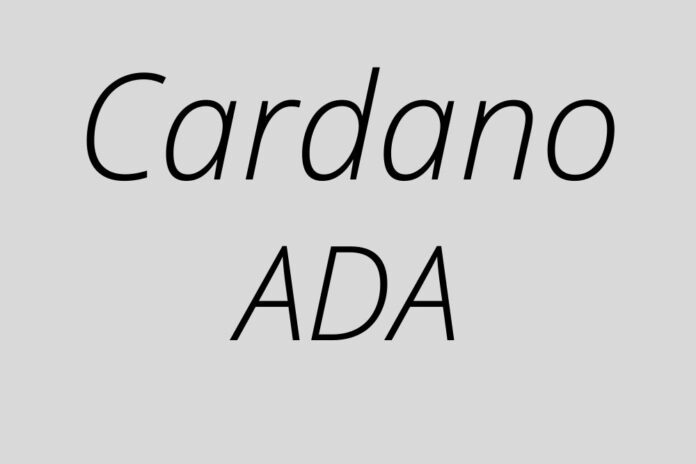According to a report, Cardano (ADA), the largest proof-of-stake (PoS) blockchain, experienced a notable increase in the amount of ADA staked in 25 new stake pools on the Cardano network.
Based on the report on 22nd March, there was an inflow of relatively 1.5 billion ADA into the newly created staking pools on the Cardano blockchain. The report stated that it took only 12 hours for such a whopping among to flow into the new staking pools. The amount staked was worth around $1.4 billion at the time of the transaction.
Read Also: ADA Whale Says Total Value Locked on Cardano is going into the Billions Soon. Here’s Why
It’s worth noting that each pool involved has a stake of 62 million ADC. Also, the percentage of ADC coins that have been staked is more than 73%, representing an excellent performance in terms of decentralized finance (DeFi) development.
Pool.pm tweeted, “23 new Cardano pools with more than 62M₳ stake each have been created during the last 12 hours, increasing by about 1.5 billion ADA the total staked, now close to 74%,” tweeted poo.pm.”
23 new #Cardano pools with more than 62M₳ stake each have been created during the last 12 hours, increasing by about 1.5 billion $ADA the total staked, now close to 74%.
See the last whale delegations here:https://t.co/XiAOim2GO4
Pools names seem based on famous scientists. pic.twitter.com/U9S5saqSEq
— pool.pm (@pool_pm) March 22, 2022
In a follow-up tweet, Pool.pm pointed out that the 23 new Cardano pools are likely from Bison Trails, a company acquired by the leading crypto exchange Coinbase
What Is Cardano Stake Pool?
Stake pools may be either public or private. A public stake pool is a Cardano network node with a public address that other users can delegate to, and receive rewards. Private stake pools only deliver rewards to their owners.
Read Also: Charles Hoskinson: A Large Wave of Projects Is Coming to Cardano after Vasil Hardfork In June
Stake pools are run by a reliable operator: an individual or business with the knowledge and resources to run the node on a consistent basis. ADA holders can delegate to public stake pools if they wish to participate in the protocol and receive rewards, but do not wish to operate a Cardano network node themselves.
The more stake that is delegated to a stake pool, the greater chance it has of being selected as a slot leader. Each time it is selected and produces a block that is accepted onto the blockchain, it is rewarded, and these rewards are shared between the stake pool operator and stake pool delegators.
Follow us on Twitter, Facebook, Telegram, and Google News



